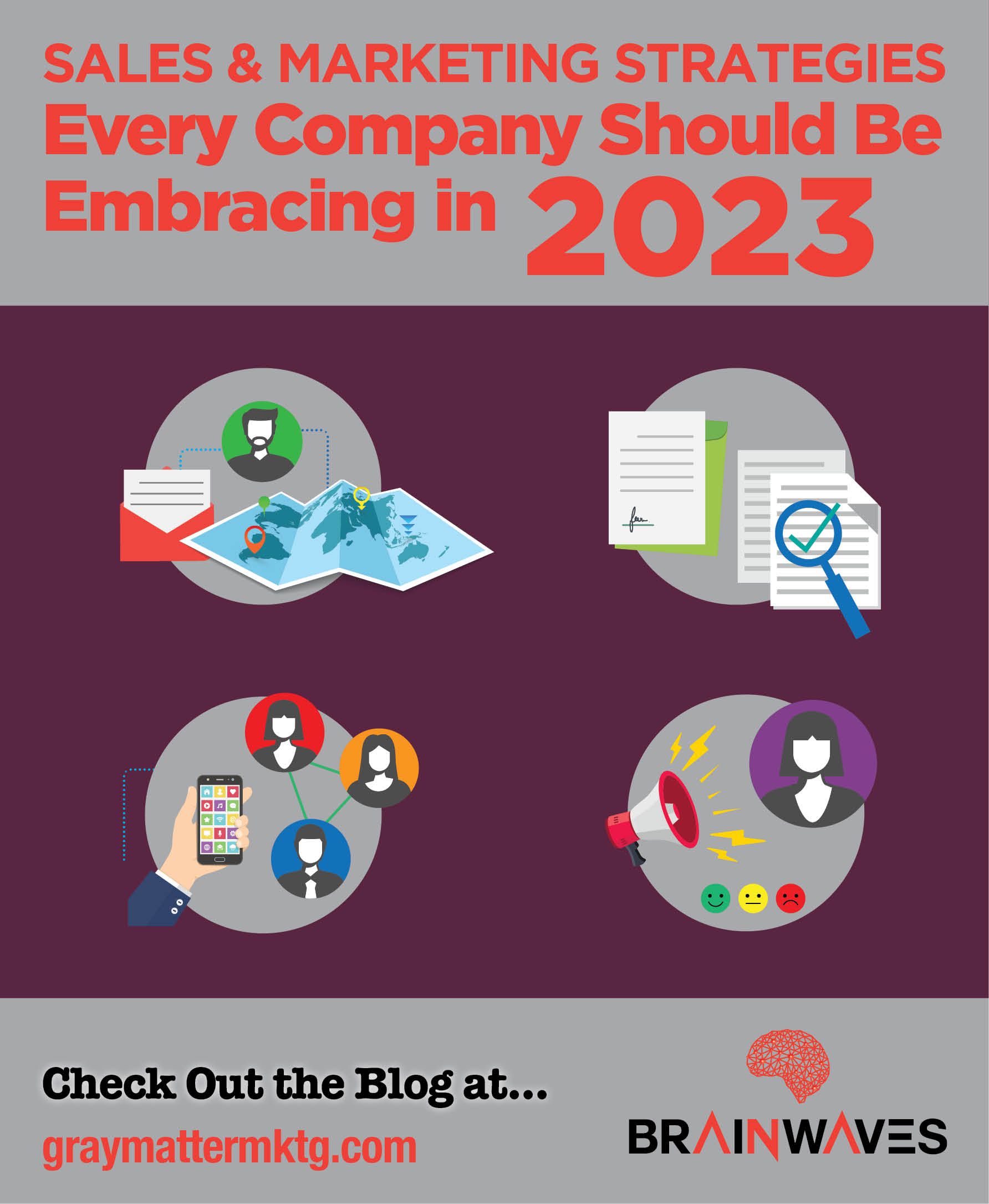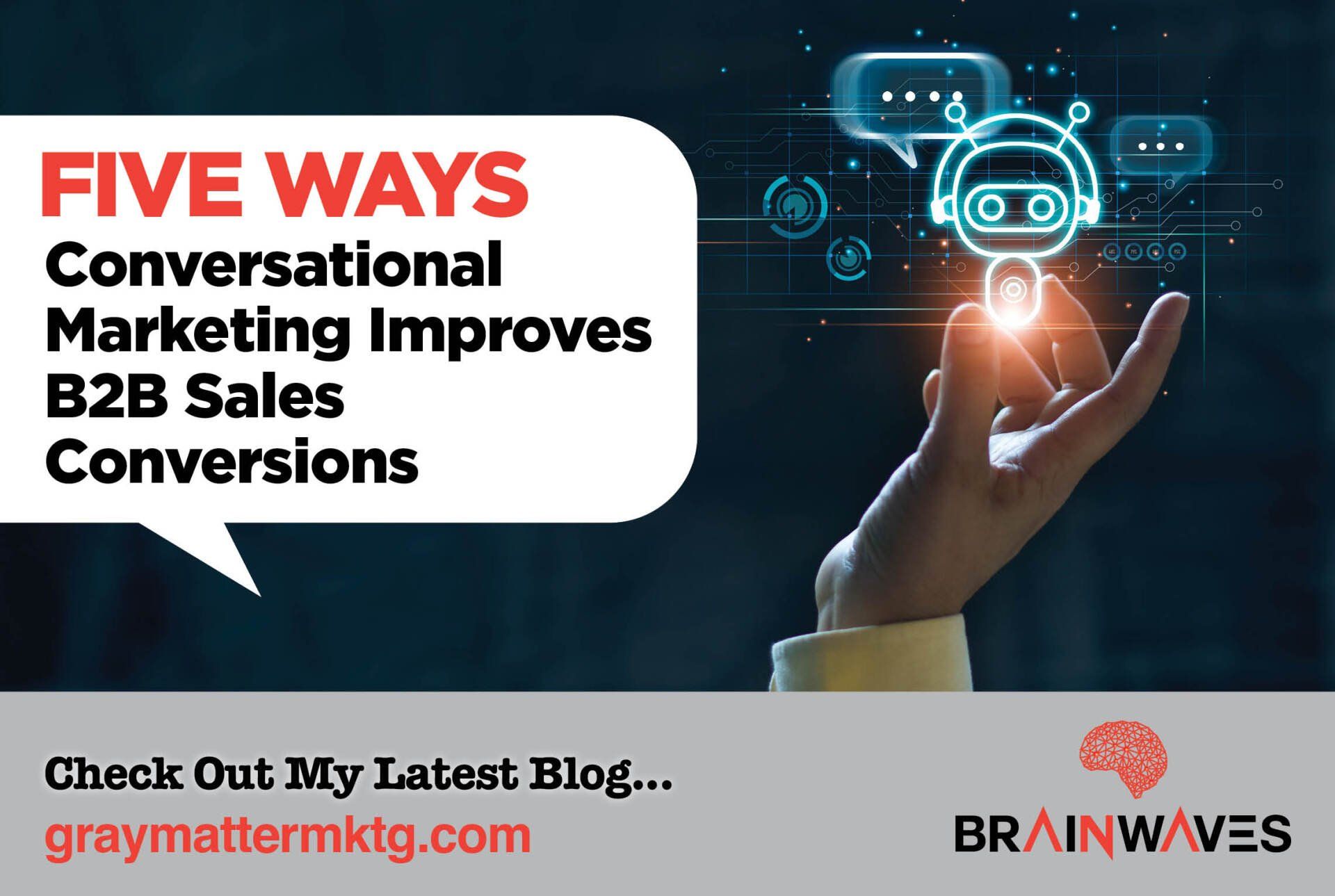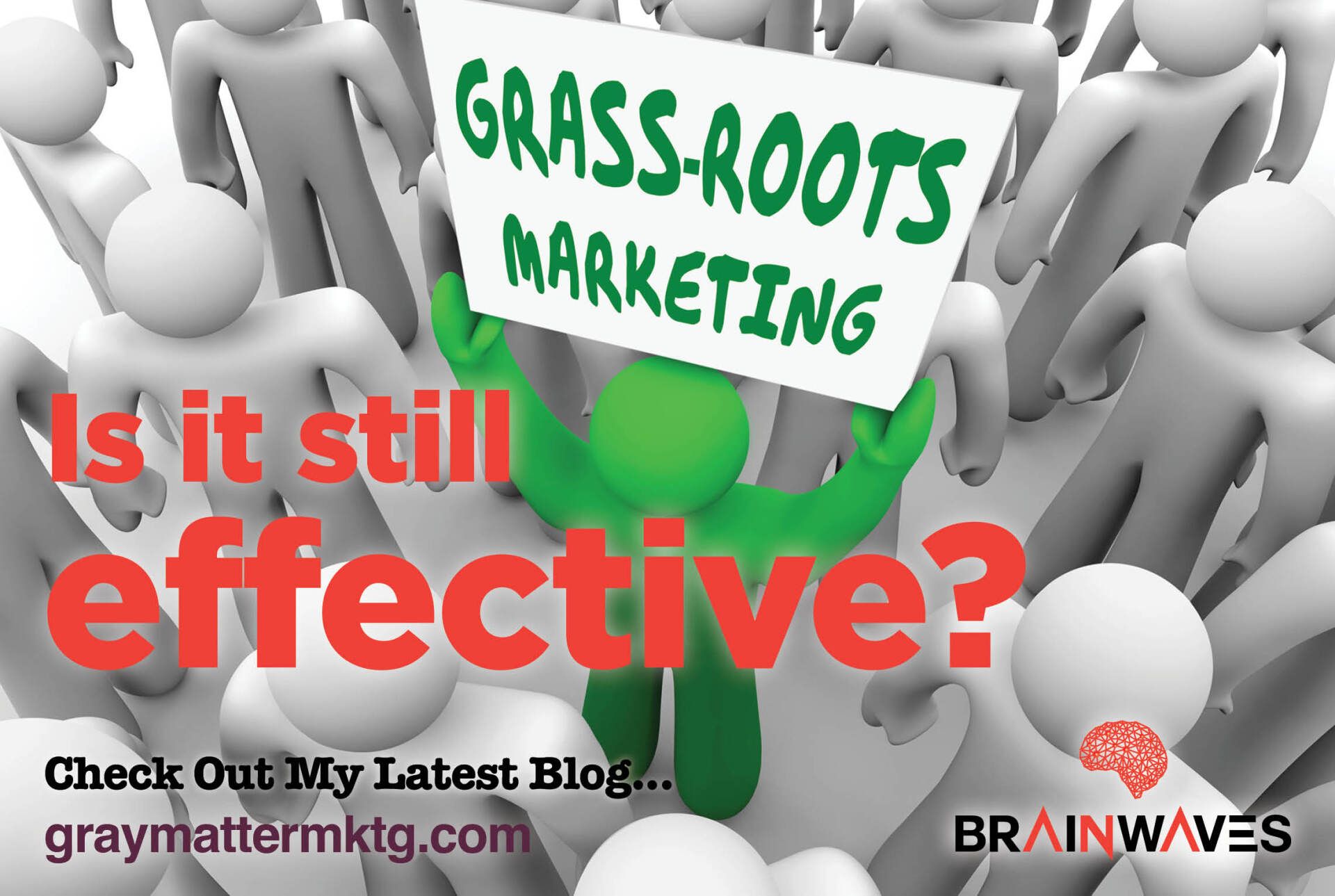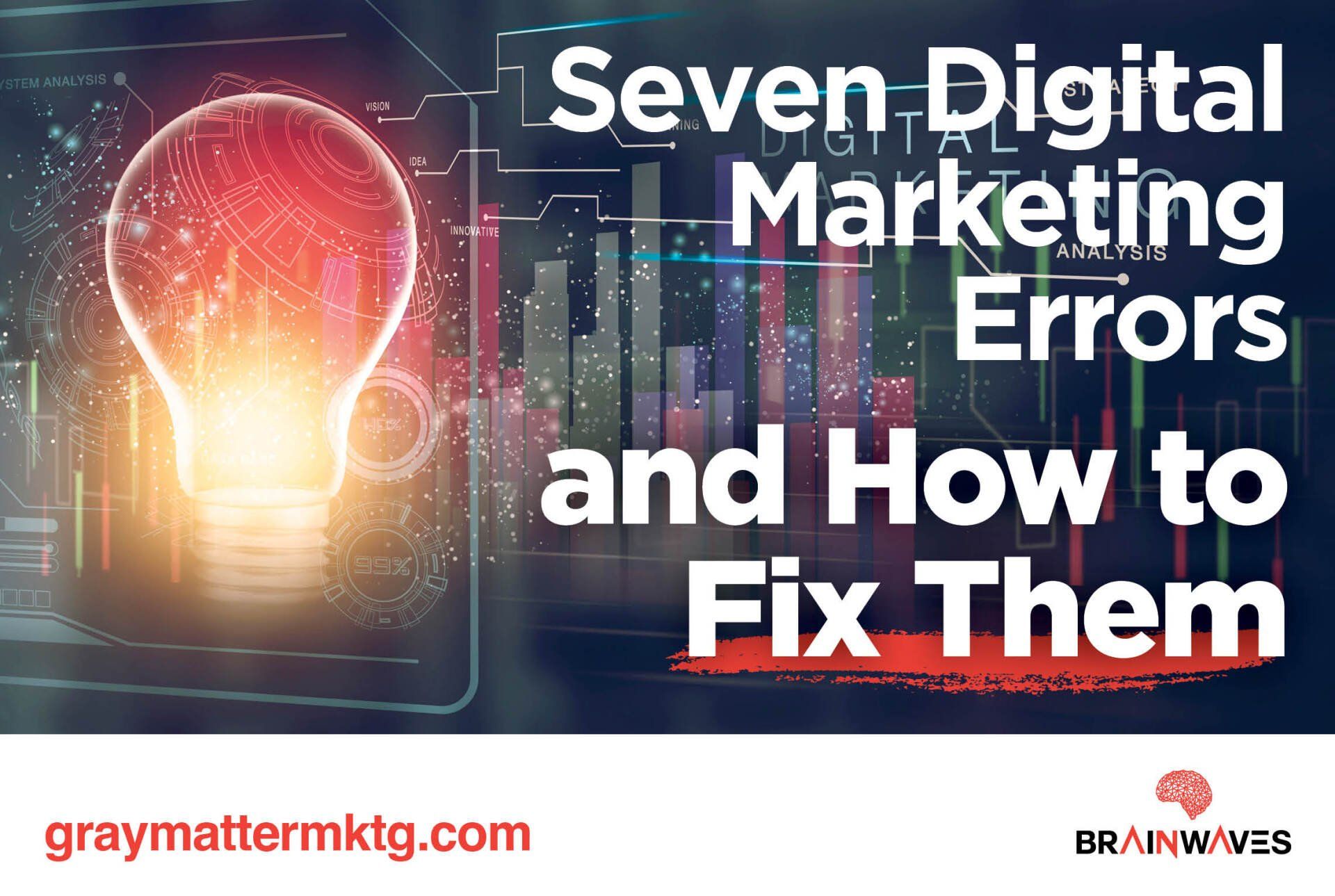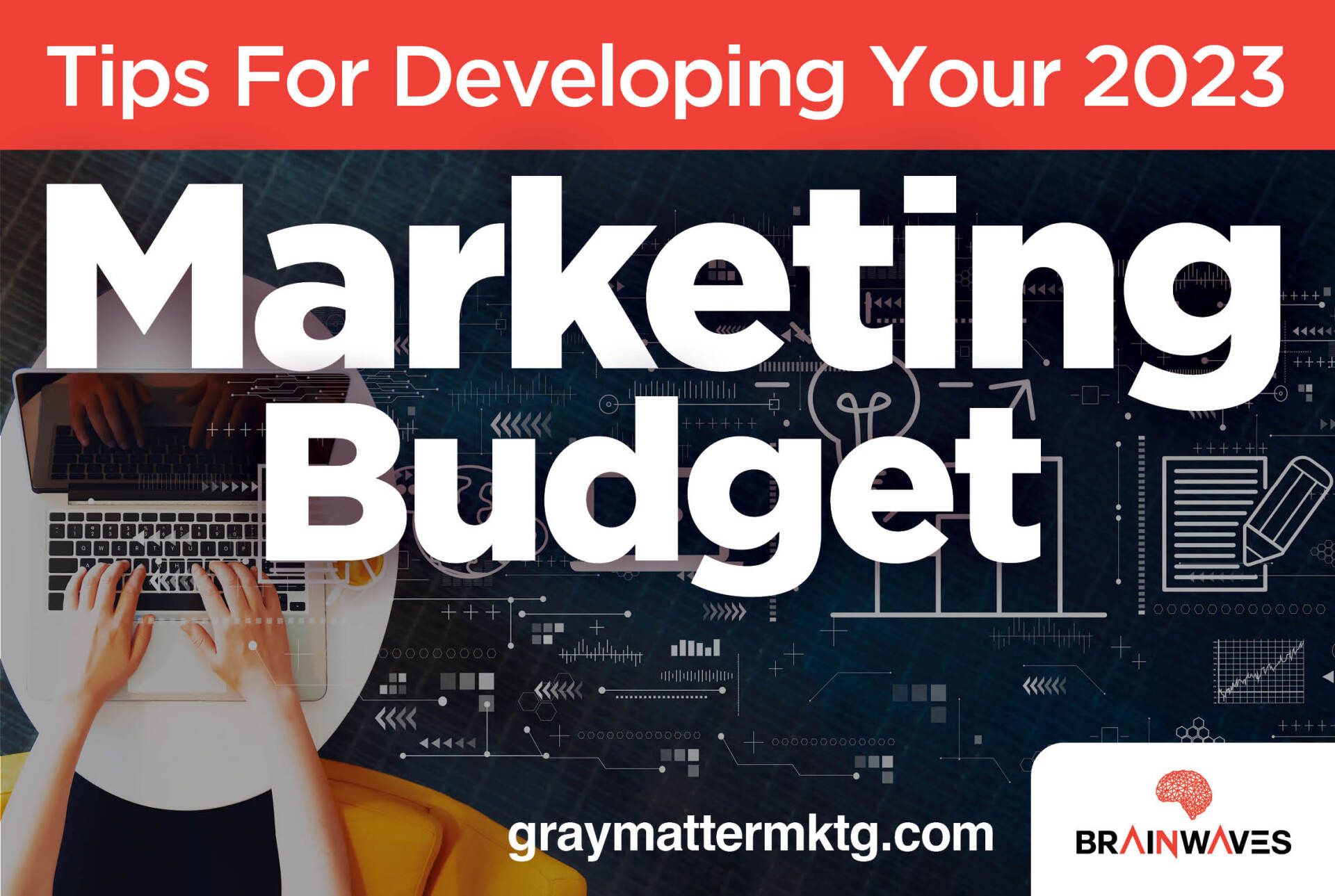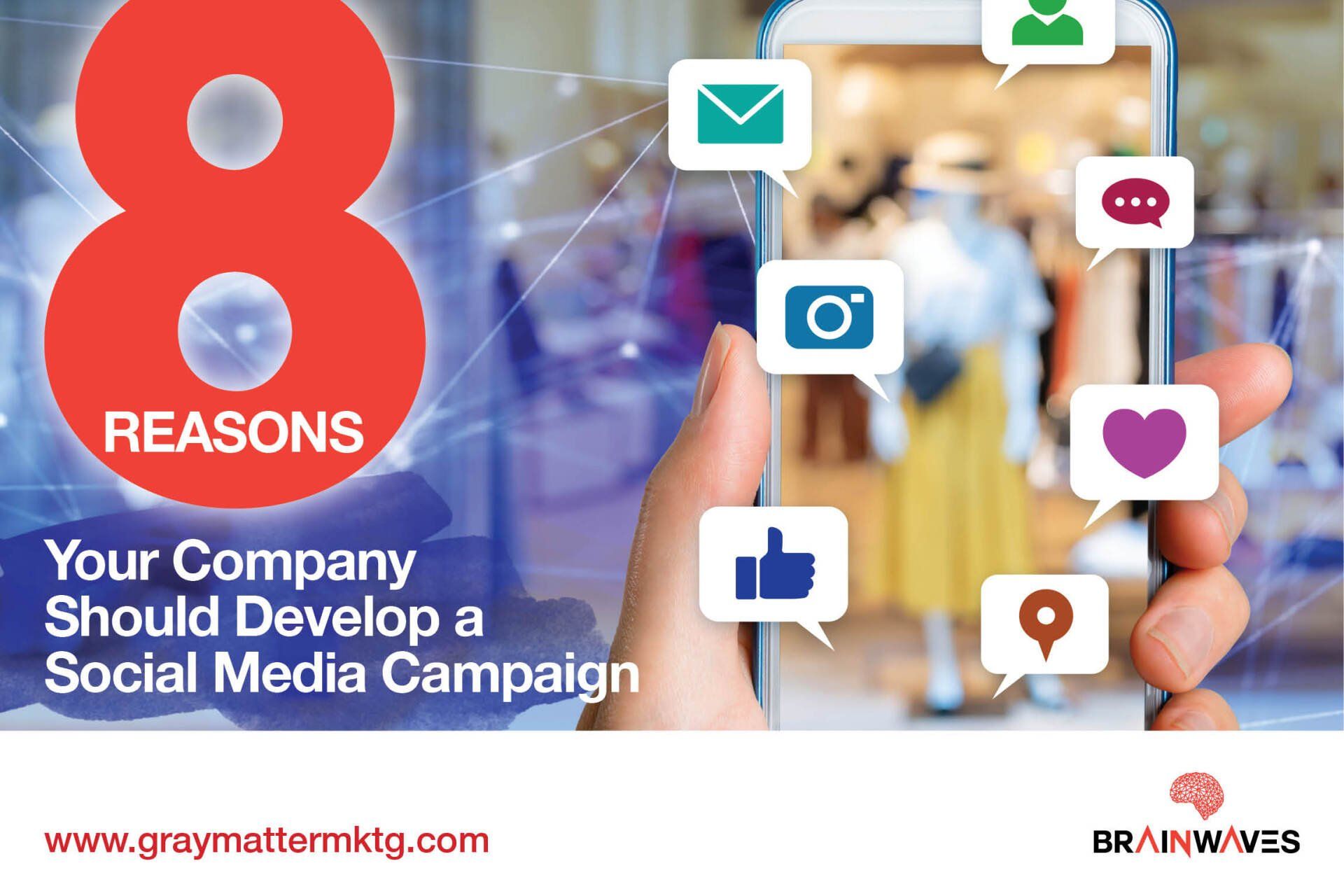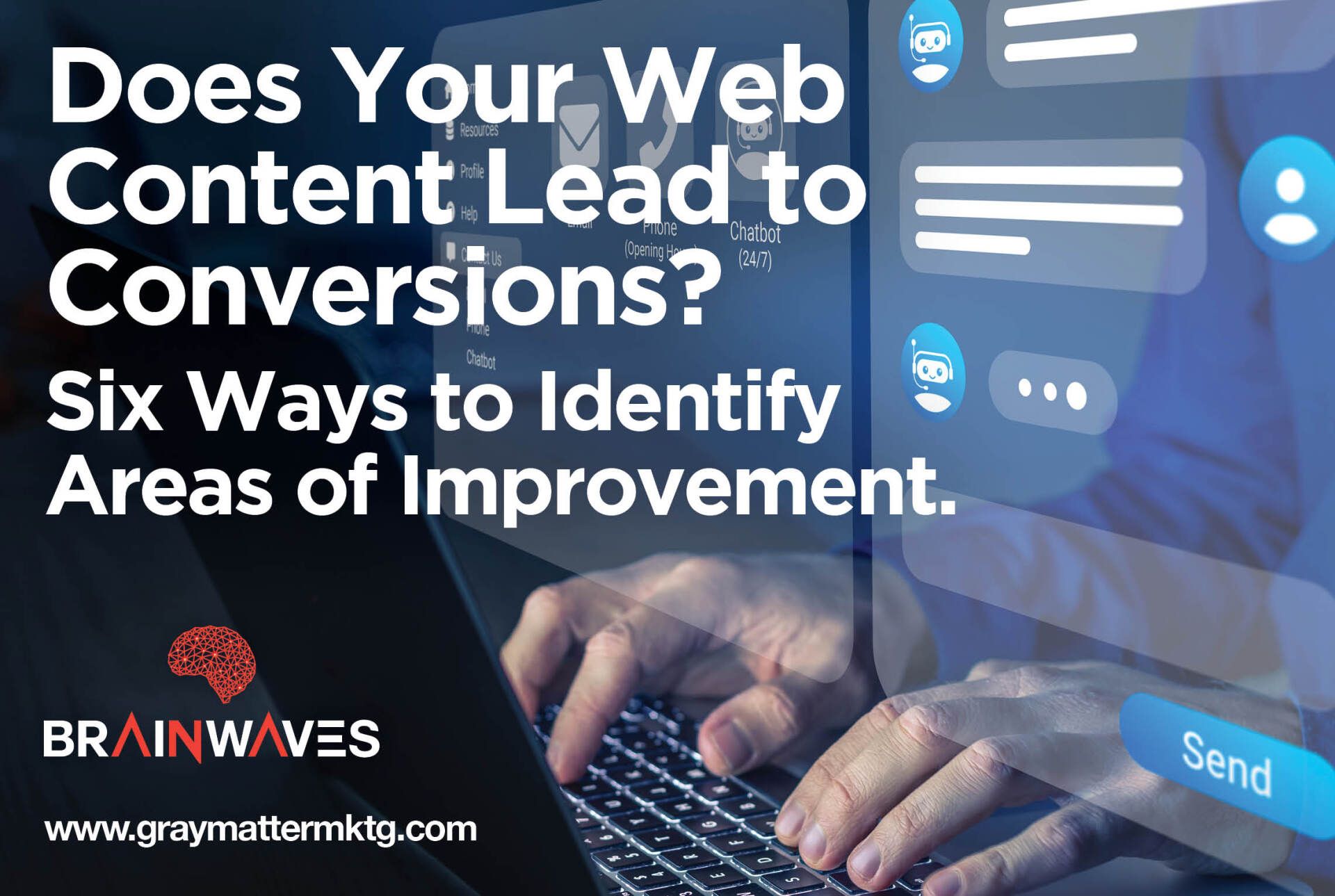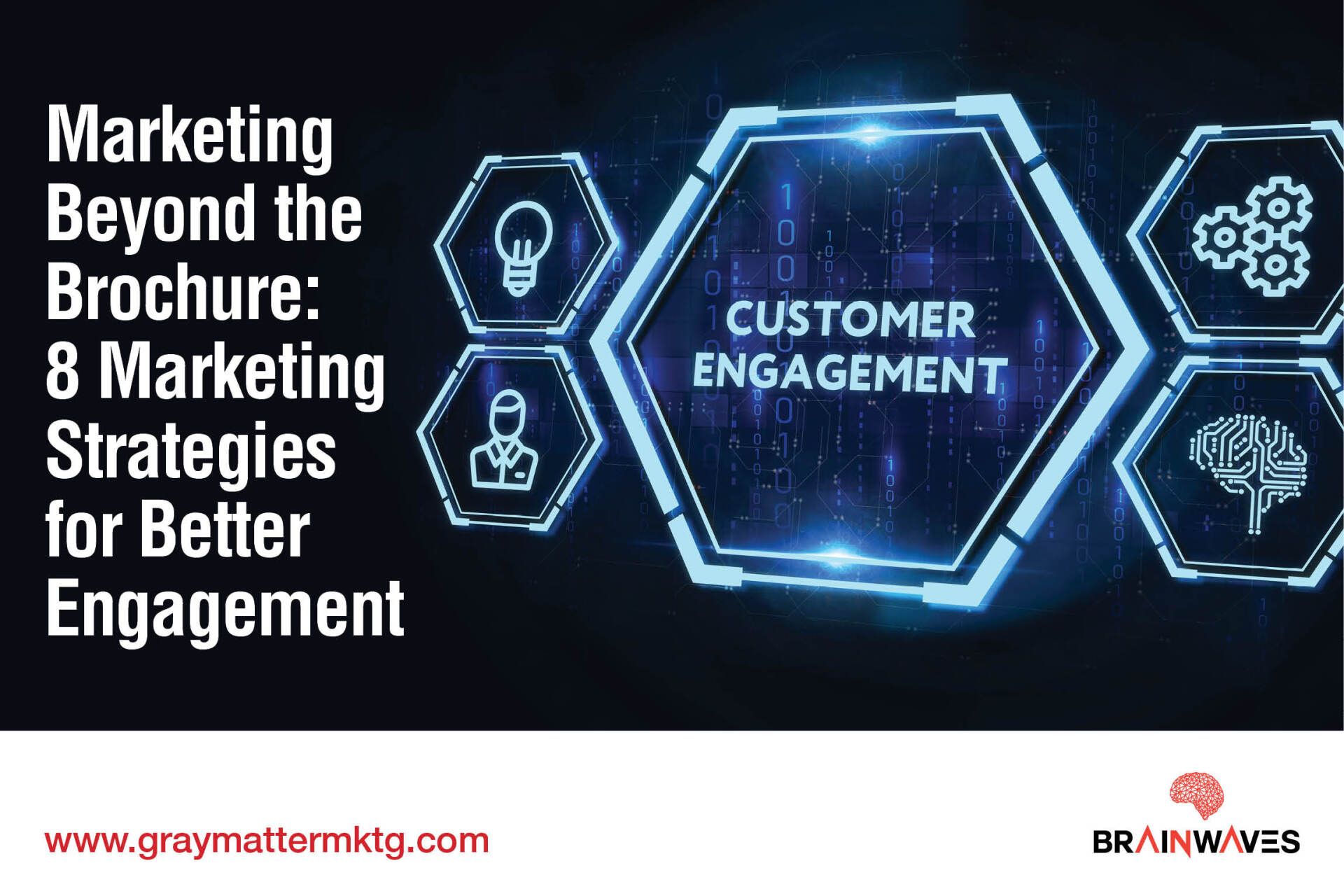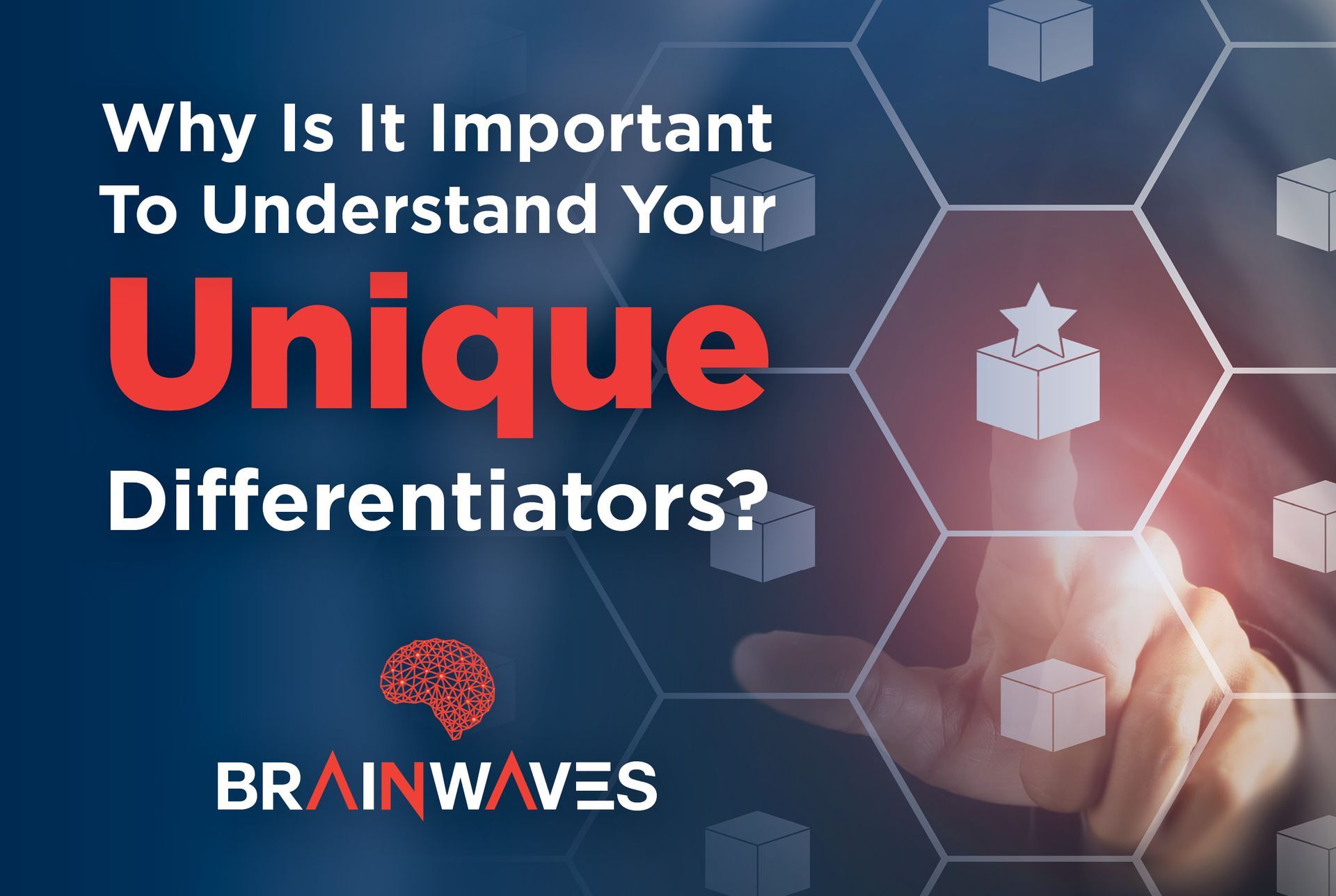10 Tips for Developing Successful Online Events
Despite the disruptions brought about by COVID since March 2020, event entrepreneurs have managed to not only pivot but also thrive. Online events are now seen as normal and perhaps a more efficient way to put together events and scale attendance with fewer logistical hurdles.
Even as protocols are loosening, and we learn how to attend live events (with certain restrictions) again, there are still audiences that want to attend on-line or hybrid events. If you are planning an event (whether a small company webinar or a bigger industry conference), here are 10 tips to consider to be successful.
1. Define the Purpose of the Event
As an event planner, you need to understand the purpose and outline why you are putting together the event. Are you targeting existing customers of a brand or trying to reach new audiences? A lead-generation event will have totally different content when compared to an existing customer engagement event. Mixing the two audiences will water down your event. The purpose will also determine the format. A product launch or exhibition will require proper production and professional camera work to truly have the impact it intends. A discussion where attendees are expected to contribute needs proper chat tools and a reliable connection.
Once you have the purpose defined, develop a list of key performance indicators.
2. Narrow Down the Audience Persona
Event planners, whether of online or in-person events, should understand the audience persona since it determines everything. The type of content to be shared and speakers to be invited will depend on how savvy the audience is. An audience made up of industry experts will require experienced speakers who can break down an emerging issue or persistent problem relevant for the audience. Customers new to a product need complex concepts to be explained in a manner that they can identify with. The audience persona also determines the timing of an event because of their personal schedules. It can’t hurt to survey your potential audience members to determine if you’re heading in the right direction with regards to location, timing, and agenda.
3. Pick the Correct Event Format
Sometimes the purpose of the event might be such that several event formats seem like a good fit. For instance, a discussion on an industry problem could be either a social media livestream or a recorded webinar. It’s up to the online event planner to consider the pros and cons of each format. The planner should also use their creative license so that each event they produce has something unique about it. There is a temptation to go for what other event planners are doing but trying out new things might lead to your event having a unique selling point. You can certainly create a hybrid event that is a mix of online and in-person if that makes more sense for your audience.
4. Get the Right Speakers and Program
Giving value to your audience must always remain the primary goal for an event planner. As such, you need to take time to carefully curate speakers and develop a quality agenda for every event. There should be a good mix of knowledge, experience, and enthusiasm to bring your event to life. If you receive speaking requests from speakers, take time to check out their profile and judge whether they would be suited for the event in question. A speaking appearance at your event is seen as a stamp of approval for them. Research their work.
5. Write Good Copy for Your Event
No matter how good the event is, you need to put the word out correctly. You might enlist the services of a copywriter to help highlight your event’s selling point using the most engaging verbiage. The copy on your website, event poster, or email invitation should nudge people to sign up. This also applies when trying to find speakers for your events. The wording of your message should highlight the things the speaker considers as important—the chance to reach a new audience, share a platform with other profile speakers, and the opportunity to discuss something they are passionate about.
6. Promote Your Event
To properly sell your event, you must be aggressive but also strategic about how you do it. Initially, organizers can get events listed on platforms such as Eventbrite. If you are planning to build an event brand, a landing page is crucial to helping audiences quickly find information and share with other people. The next place to promote your event is on social media. Post about the event early enough and frequently, making sure to highlight its value points. Be sure to engage your employees and speakers (and perhaps sponsors), asking them to share details of your event with potential attendees. Have some fun with it and think outside the box.
7. Hold a Practice Run and Using Easy Tech
Event planners should never unnecessarily use complicated technology. Pick a popular platform on which to host the event if it provides all the tools and features you need. The User Interface should be easy and intuitive for your attendees to use. If one platform allows unlimited session length at no charge, there is no need to hold the event on a premium platform if the former is widely available.
A few days before the event, invite your event speakers for a practice run to break the ice and to ensure every technical aspect checks out. This will save you the hassle and embarrassment of trying to resolve technical issues during the live event. Technical problems may cause the audience to feel as if their time was wasted, especially when the result is a cancellation or postponement of the event. It hurts your brand value.
8. Collect Feedback Post-Event
Be sure to ask stakeholders to provide their thoughts on your event immediately following the event. Prepare a survey for attendees, speakers, and sponsors. Get to know what they liked, what they did not like, what you could have implemented differently, and any other thoughts they might have. Surveys to speakers and sponsors are important to continue your relationship past the event and to create opportunities to work together in the future. Feedback from sponsors is also useful when attempting to crowdsource for your next event.
9. Evaluate Your Event
A review of the event should happen after you receive feedback from stakeholders. Some things to look at include the number of attendees, the amount of engagement received, the buzz that the event generated, and business leads received. It’s also crucial to consider whether attendees stayed for the whole event or if there was a drop-off at some point. If the latter is true, carry out an analysis to find out why.
10. Repurpose Your Content
As pointed out earlier, some event organizers build an event to become a brand asset that can earn attendance revenue as well as sponsorships. One way to advance this strategy is to repurpose content from the event and use it as resource material on social media or websites. For instance, if a presenter does not mind sharing their slideshows, this can be used to build up an email list. The event planner can also summarize presentations through blog posts. Sound bites are exceptionally great for sharing on social media to show people what they missed.
Online polls for attendees can also be used to create nostalgia by getting people to vote for their favorite speakers or segments from an event, which can be used to determine content for future events.
Potential Challenges
One of the key challenges facing event planners is to replicate some of the benefits that come with in-person events, such as networking and audience participation. However, with online events, the challenge lies in finding creative ways to do so while also determining platforms with the right features. Social media live streaming allows users to send in comments and questions, but audiences are easily distracted and there tends to be huge fluctuations in the number of people attending. Some platforms allow for polls, breakout rooms, and session feedback, all to keep people engaged.
Audience technology
Another challenge in online-event planning is varying audiences’ technology. The planner should use a platform that is available on all platforms—browsers and mobile apps; iOS and Android; etc. This maximizes the total number of attendees. The event planner must also figure out the right way to monitor important live metrics about their online event. Platforms such as YouTube allow content creators to see the number of people streaming, the devices used, location of audiences, and so on.
Third-party value demonstration
When pitching online events to partners or sponsors, the event planner must be ingenious in demonstrating how the event represents value for the potential sponsor. Physical events have physical space for stands, banners, and the possibility of distributing merchandise to attendees. With online events, the event planner can bring the sponsor’s attention to the audience through mentions, giveaways, and product placements. This must be done smoothly so that the event remains as organic and valuable to the attendees.
Lack of security preparations
Online events can be easy targets for malicious attacks intending to either disrupt the event or simply grant access to non-paying audiences or competitors. Both can hurt the revenue model for the event or company brand. To prevent this, the event planner should only rely on reputable platforms that have no history of breaches. The platform should also enable the storage of event data event after it ends. If possible, the tech-vendor should have integrated a payment mechanism with the access control system to make the entire process shorter and more intuitive for attendees.
Need help with event management?
Although online events may never fully satisfactorily replace physical events, it is possible to produce them excellently and give value to attendees. Event planners must take time to define the purpose of events, curate a list of relevant speakers and performers, and promote the event to engage customers. They must pick the correct event format and host it on an appropriate platform that allows for audience engagement. If an event needs sponsors, the company should be clear about the value the event gives to the sponsors. Sponsors are willing to put money in high-value production events with a well-selected target audience. The pitch, however, must be perfect.
If your organization needs help putting together an event (either online or in person), get in touch with Gray Matter Marketing. We can help you develop a strategy that brings your ideas to life while providing maximum value to your stakeholders. Our experience spans three decades of working on engaging events of all styles and sizes.
